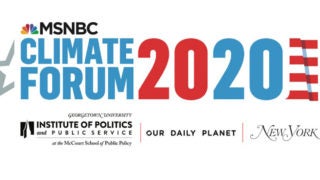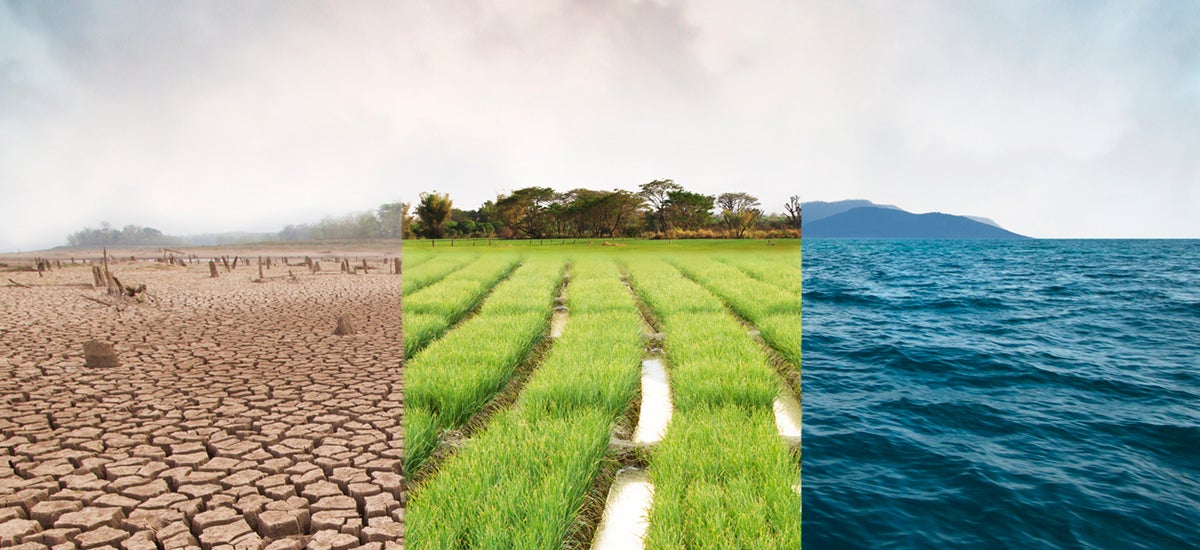
Title: Top Climate Change Concerns Voiced by Environmental, Global Experts
Five faculty experts weigh in on their top concerns for the environment and what they want to hear about climate change from global leaders and U.S. presidential candidates.
Georgetown experts say irreparable damage to the environment and the impact on the most vulnerable populations, particularly children, are among the top climate change concerns they want to hear about from global leaders and U.S. presidential candidates.
Below, five of them weigh in on the complexities of climate change and what may be some solutions.
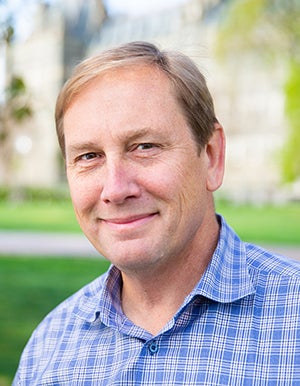
Peter Marra, Laudato Si’ Professor in Biology and the Environment and director of the Georgetown Environment Initiative, joined Georgetown after a 20-year career at the Smithsonian Institution. He also is a professor in the McCourt School of Public Policy, and has authored over 225 papers published in journals such as Science, Nature and Conservation Biology, on various aspects of the biology and conservation of birds and other animals.
Climate change is a complex issue. Scientists are in agreement that human activities are causing irreversible damage to earth’s biodiversity and terrestrial and marine ecosystems and that we are close to reaching a tipping point beyond which the damages to life, as we know it, become irreparable. We are in the sixth mass extinction, losing species at a high rate, not to climate yet – but more to things like habitat loss, overharvesting, invasive species and pesticides. This sixth mass extinction as well as climate change are all existential threats.
Pope Francis is one of the few world leaders addressing the issue of climate change and biodiversity loss. His groundbreaking encyclical on the impacts humans are having on the environment as well as environmental justice – known as Laudato Si’– addresses the moral and spiritual challenges of ecological crisis. We are losing our natural history heritage, as well as critical ecosystem services and functions.
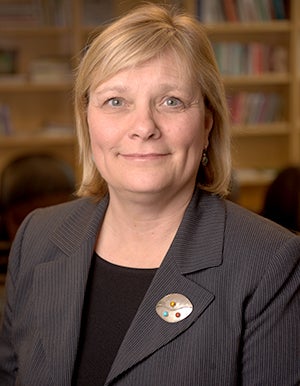
Laura Anderko, the Robert and Kathleen Scanlon Endowed Chair in Values Based Health Care at Georgetown’s School of Nursing & Health Studies, leads the federally-funded Mid-Atlantic Center for Children’s Health and the Environment, a pediatric environmental health specialty unit at Georgetown, and has been recognized as a White House Champion of Change for her work addressing public health issues associated with climate change.
While the effects of climate change may seem abstract, it impacts health in many ways – including increases in vector-borne diseases, asthma and allergies and stress. These climate changes impact the marginalized, underserved and vulnerable among us who are experiencing heightened disparities and, in many cases, are forced into migration to search for basic necessities such as clean water.
Children’s developing bodies and brains are especially vulnerable to climate change and the degradation of air, water and food quality. I care deeply about the world we leave to our children. We are currently on a course that will lead to catastrophic effects for future generations.
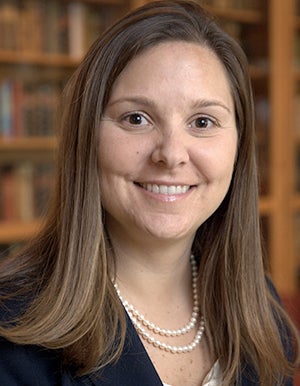
School of Foreign Service professor Joanna Lewis leads the science, technology and international affairs program at Georgetown. Her research explores the challenge of global climate change and the transition to a low carbon economy – particularly the technical and political factors that shape domestic and international energy and climate policy decisions.
Much of my work is focused on China and its ability to adopt and innovate in advanced and low-emissions energy technologies. Understanding how China can and will respond to climate change advances our understanding of the global energy system and how it will evolve under environmental constraints.
While climate change will impact everyone, it is the poorer populations around the world that will be affected the most. The United States has a unique role to play in signaling to the rest of the world that we will help these countries transition to cleaner sources of energy and adapt to the most severe impacts of climate change.
I don’t know if people fully appreciate the power of U.S. leadership in tackling an existential global challenge like climate change. Pulling out of the Paris Agreement not only has adverse implications for U.S. innovation and competitiveness but has dampened global momentum to solve this problem collaboratively.
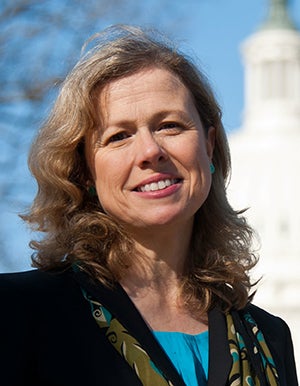
Vicki Arroyo, a professor at Georgetown Law and executive director of the Georgetown Climate Center (GCC), leads GCC’s efforts to advance effective climate and energy policies in the United States and to serve as a resource to states and local communities working to cut carbon pollution and adapt to the consequences of climate change.
There are two big questions that demand greater attention and action right now:
The first is “How can we reduce greenhouse gas pollution from the transportation sector, which accounts for over 40 percent of U.S. emissions?” Equally importnat is “How do we cope with the effects of climate change that are already happening now, and make communities more resilient for the future?”
As someone who has worked on climate change for decades, the rate of global temperature rise is much faster than we expected, and our policymakers have not yet responded in ways that match the scale of the challenge. That should matter to all of us, because as we’re already seeing, the cost of inaction is enormous. Citizens need to tell their elected officials and candidates that they expect them to step up to this challenge – and vote accordingly.
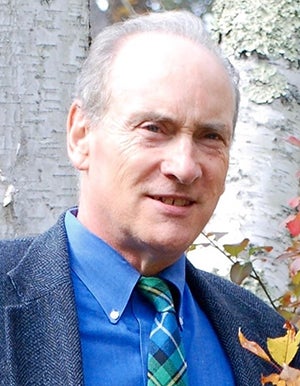
Historian John McNeill, University Professor of history and foreign service, is a scholar of global environmental history and is best known for his book, Something New Under the Sun: An Environmental History of the 20th-Century World (W.W. Norton, 2000).
The United States would benefit immensely from leading the 21st-century energy transition – away from fossil fuels – as it led the last one away from coal to oil in the early part of the 20th century. There’s no easy answer to how the United States can do that, but experience suggests a few options: dismantle the myriad of subsidies in federal law for fossil fuel exploration, production and refining; tighten, rather than loosen, our air quality laws; incentivize research and development in all renewable energy fields.
Related Content
- Academic Excellence,
- Faculty News,
- Georgetown College of Arts & Sciences,
- Georgetown Law,
- Georgetown Medical Center,
- Global Development,
- Graduate School of Arts and Sciences,
- Living Jesuit Values,
- McCourt School of Public Policy,
- McDonough School of Business,
- Research,
- School of Continuing Studies,
- School of Foreign Service,
- School of Nursing,
- Sustainability,
- University-wide
